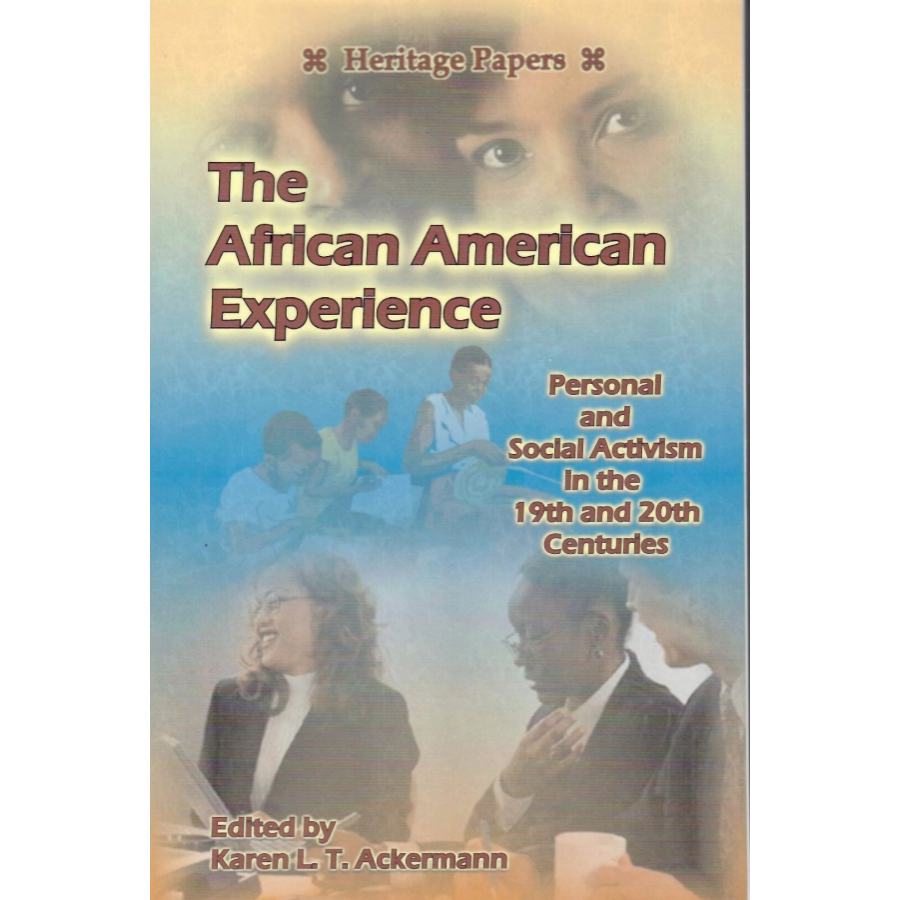The African American Experience: Personal and Social Activism in the 19th and 20th Centuries
Couldn't load pickup availability
The end of the Civil War brought with it legal freedom for former slaves in the text of the Thirteenth Amendment to the U.S. Constitution. With freedom came the expectation for equal rights to suffrage, citizenship, education, social services, work opportunities, and public access-everything that had been denied blacks prior to 1865. But the actuality of these rights for the multitude of America's people of African descent was not gained without a struggle. This volume explores the efforts made by Americans to bring the 1865 promise of freedom and equality to fruition, and examples of the results of those efforts. The essays are arranged in a roughly chronological order, beginning in the late nineteenth century with southern blacks migrating into the Midwest in search of better lives. Maryland is the focus of several articles in which members of organized societies effect positive changes in conditions for African Americans in the early twentieth century. Documentary photography books were also popular during this time and those publications that focused on African Americans portray a people still struggling for their due, sometimes in the most abject of social conditions. Two biographical pieces look at women who promoted social activism by example over the years of the mid-twentieth century. This collection ends in the late twentieth century with a comparison of two contemporary poets and a historiographical piece on African American music in education. Whether working in groups or alone, in conjunction with whites or without their help, African Americans have contributed much to the history of the United States and its endeavors towards improved civil rights for all citizens.
Heritage Books Papers
2004, 5.5" x 8.5", paper, index, 248 pp.
ISBN: 9780788425103
101-H2510
